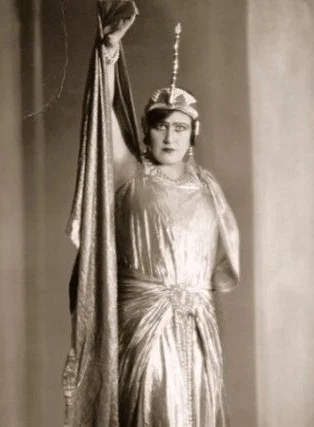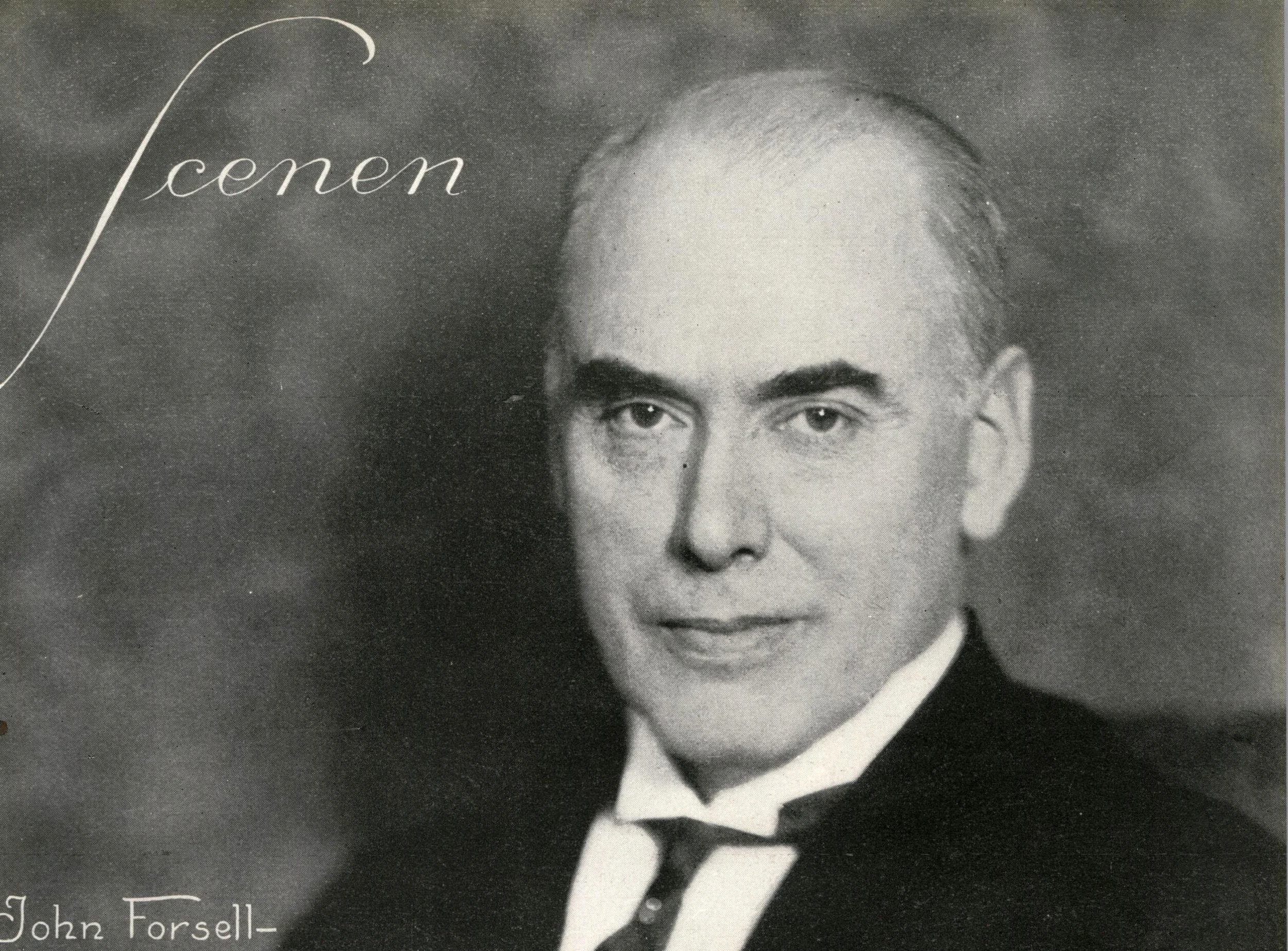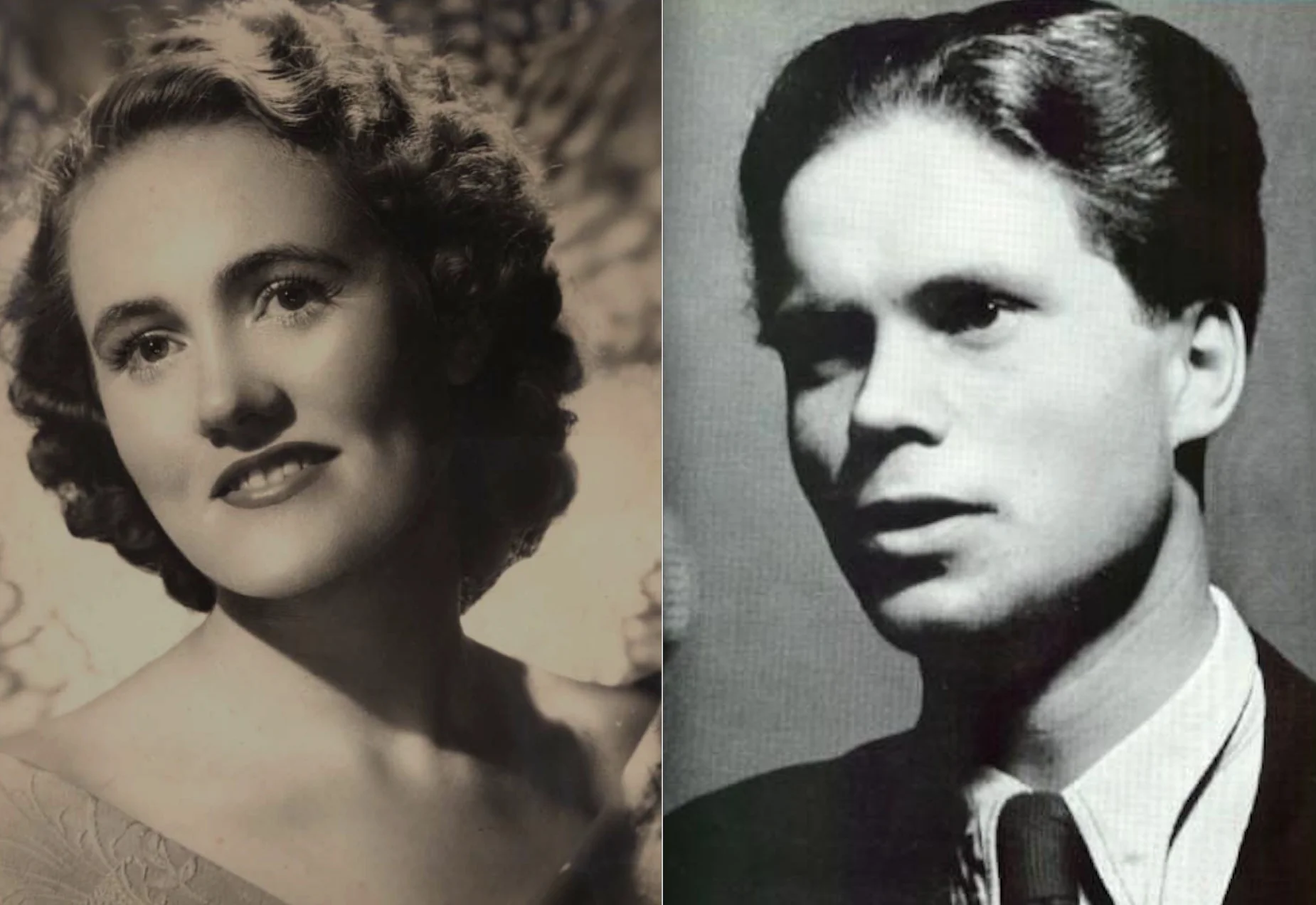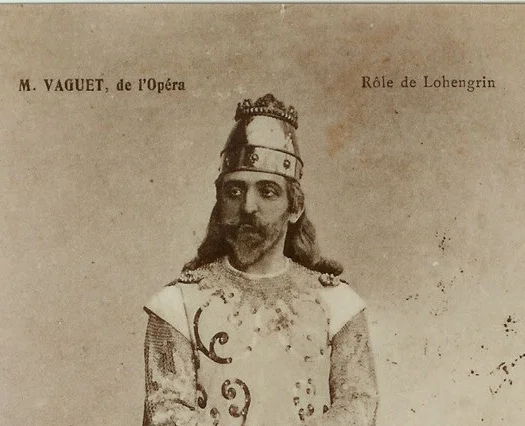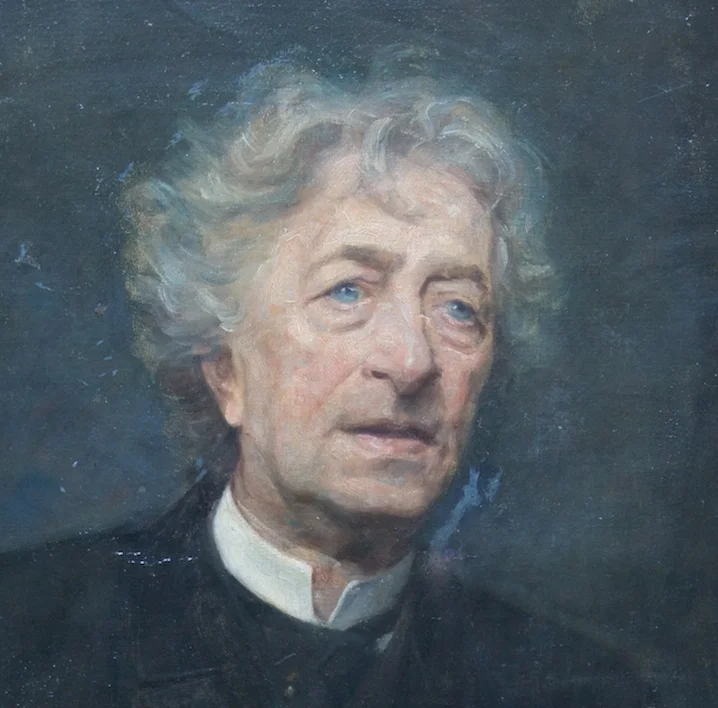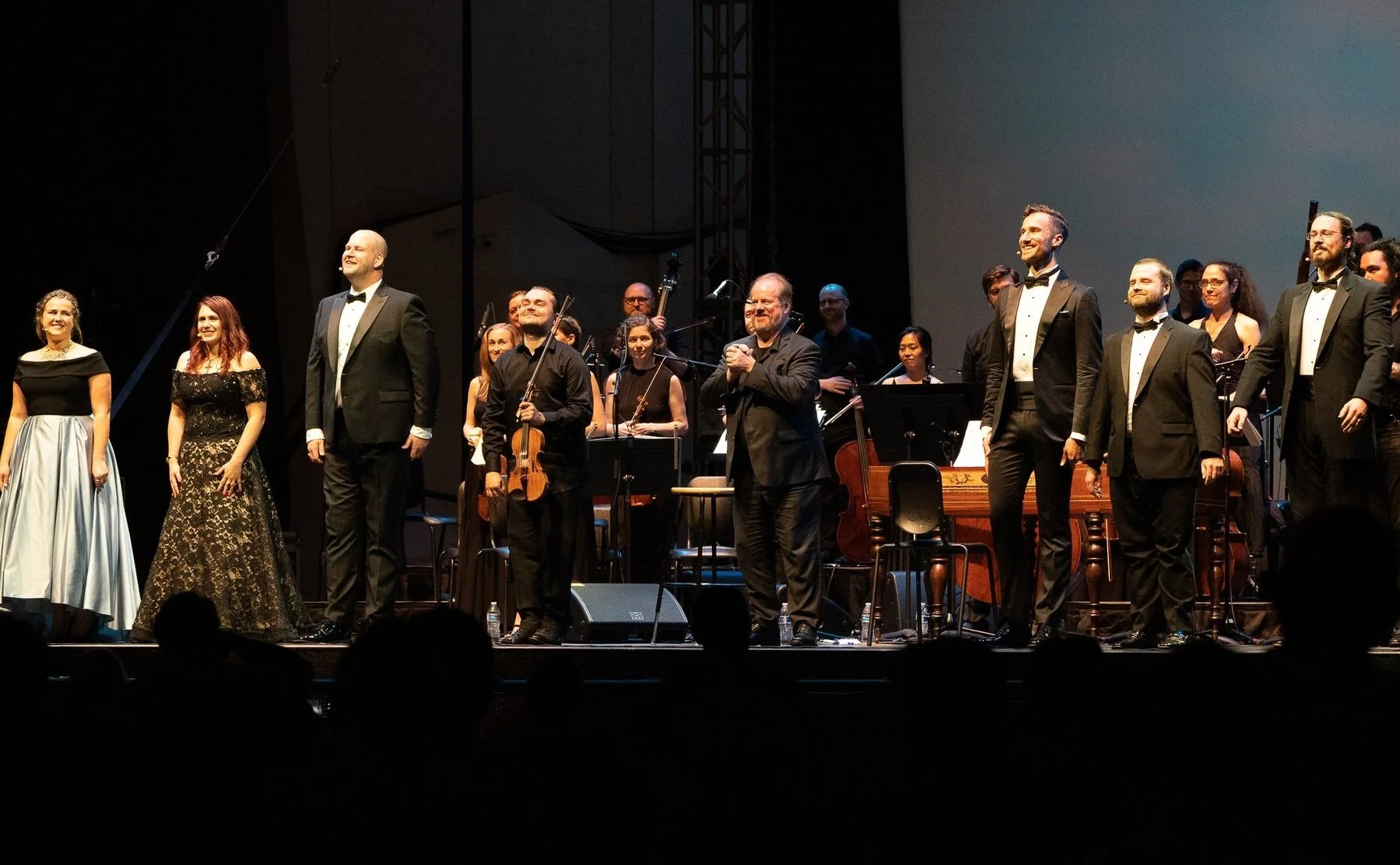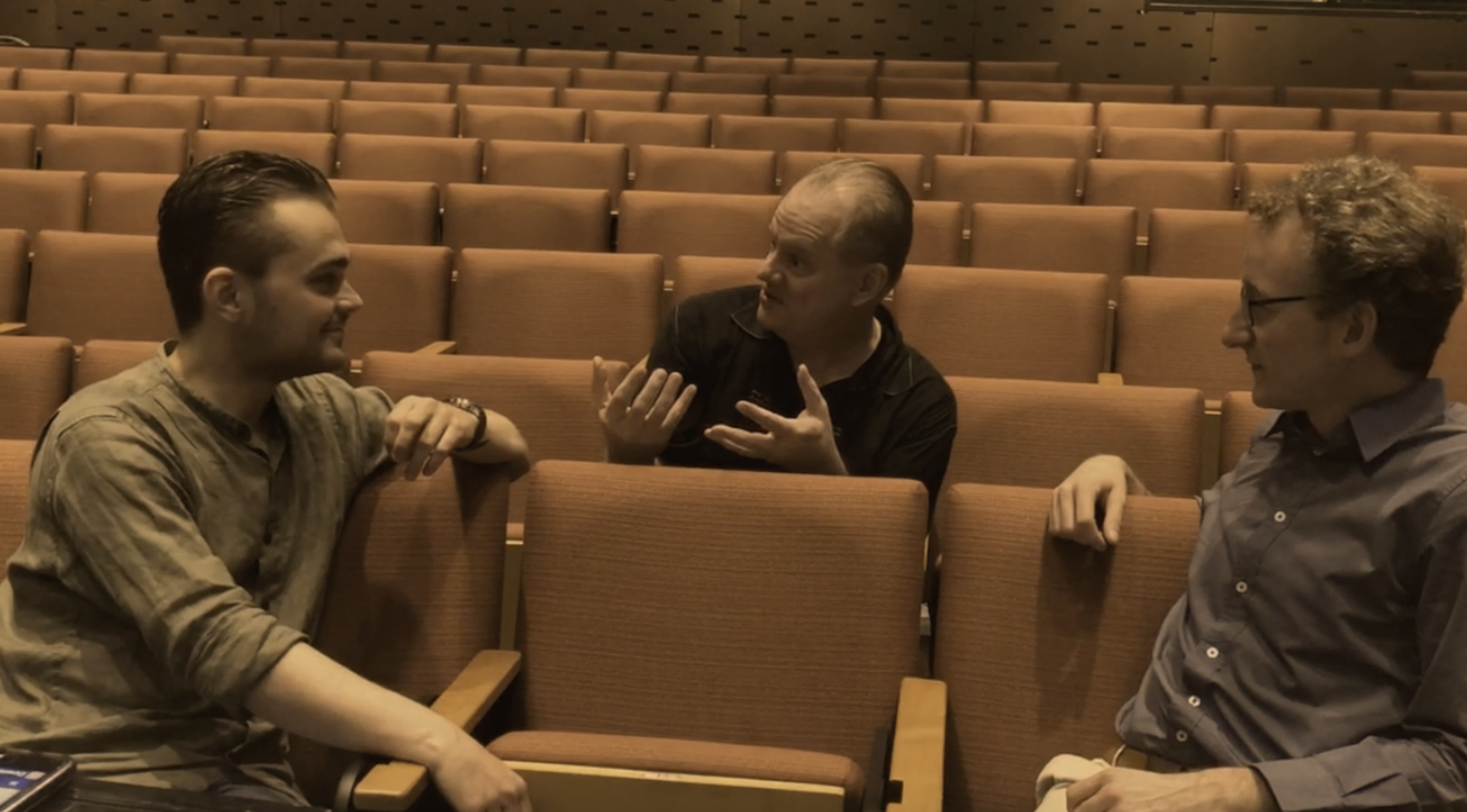About Giuditta Pasta
/If we could travel through time to hear just one singer, it would be very hard not to choose her.
The future muse of Rossini, Donizetti, and Bellini was born in 1797 to an Italian mother from a musical family and a German Jewish soldier who had translated his surname from Schwarz to Negri when he settled in Lombardy as a pharmacist. Giuditta Angiola Maria Costanza Negri sang from childhood and made her debut at just 17 (marrying the tenor Giuseppe Pasta in the same year), but her path to stardom was difficult and, at least for those days, slow. She found jobs but not attention for several seasons, withdrew briefly for further studies to tame her apparently unruly voice, and suddenly, in the winter of 1821-22, took Paris by storm with her passionate interpretation of Desdemona in Rossini’s Otello and found herself the most sought-after prima donna in Europe.
Writers vied with each other to describe the details of her voice, its range, its peculiarities, her expressive ornamentation, her skill in blending the registers and the colorings she obtained thereby. But behind all of this one grasps that there was something beyond description, a kind of genius of drama and expression that left everyone awestruck. It was the genius that made all the details matter - or not matter. The English chronicler Henry Fothergill Chorley spoke of audiences “held in thrall, without being able to analyse what made up the spell, so soon as she opened her lips.” Stendhal (Henri Beyle) wrote of notes with “a kind of resonant and magnetic vibration, which, through some still unexplained combination of physical phenomena, exercises an instantaneous and hypnotic effect upon the soul of the spectator.” Richard Mackenzie Bacon said of a single word uttered in Medea:
It is impossible to convey the dignity with which Madame Pasta invested these two notes. She gave them with the whole power of her voice, at the same instant flung wide her arms above her head, and her whole figure seemed to dilate with a passionate majesty that can only be understood when seen.
Chopin did not even try to go into details - “I have never heard anything more sublime” - but told pupils some of his Nocturnes were based on her singing. Just about then (1831) Donizetti and Bellini were writing for her the roles that made the climax of Pasta’s career: Anna Bolena, Norma, and Amina in La sonnambula.
Pasta did not originate either Tancredi or Medea, but she made them both cornerstones of her repertory and carried them to triumph everywhere. Stendhal saw her over twenty times in the Rossini opera and said “the voice followed so closely the inspirations that breathed spontaneously from her heart, that it could never be called twice alike. With Madame Pasta, the same note in two different situations can hardly be called the same note.” And it was her thrilling dramatic performance that kept Medea in Corinto in the repertory when Mayr’s music was already a generation or more out of date. Henry Chorley saw it in London:
The air of quiet, concentrated vengeance seeming to fill every fibre of her frame, with which she stood alone, wrapped in her scarlet mantle, as the bridal procession of Jason and Creusa swept by, is never to be forgotten. Where, again, has ever been seen any exhibition of art grander than her Medea’s struggle with herself ere she consents to murder her children? --than her steps to and fro, as of one drunken with frenzy - torn with the agonies of natural pity, yet still resolved on her awful triumph?
Now, of course, we’re used to hearing opera from many periods, and we don’t need it to be “up to date” - so we are ready to appreciate Mayr’s masterwork again, and to search in it for the timeless dramatic life a genius like Pasta found there.
But how, meanwhile, did the medium-high soprano for whom La sonnambula was written manage to sing the deep contralto role of Tancredi? By transposing it upwards, of course; it was still normal and expected, in Rossini’s day and for a good while afterwards, that roles would be fitted to the voices singing them. A good tailor can make expert alterations. Nowadays we prefer to hear the original concept, including its choice of tonalities and vocal range, and that is valid too, as long as we don’t mistake it for law. But to hear Pasta interpret the role? Whatever key she likes!
Giuditta Pasta,
by Gioacchino Giuseppe Serangeli (1768–1852)





![Image 2 - Henry T. [Harry] Burleigh - Detroit Public Library.jpeg](https://images.squarespace-cdn.com/content/v1/596bb4e703596e837b624445/1591713684327-N7HW488JSZ7EN8T5AJSR/Image+2+-+Henry+T.+%5BHarry%5D+Burleigh+-+Detroit+Public+Library.jpeg)







